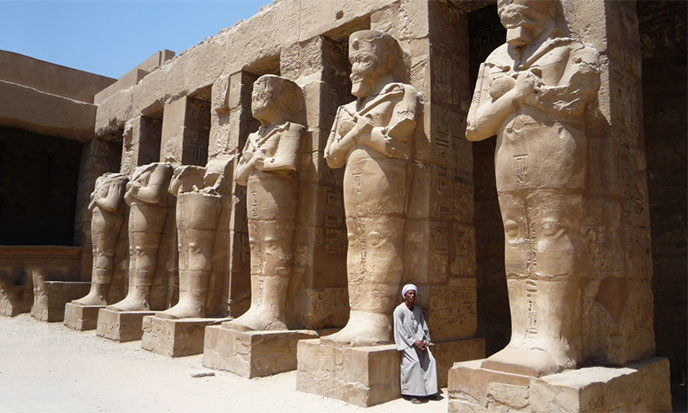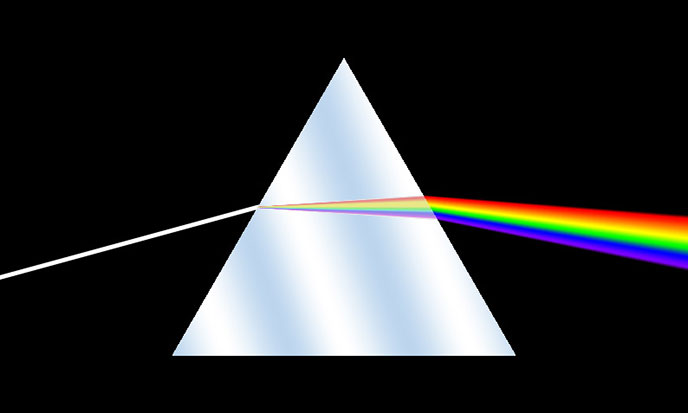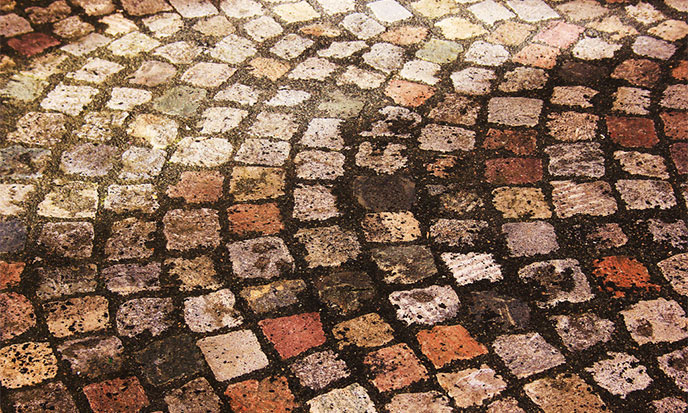
With huge, contiguous, perfectly adjusted stone blocks, the Atlanteans have built temples of light. These vestiges of a too remote superhumanity have long been confused with ancient ruins. It is time to get new glasses.
Before antiquity already distant in our school memories, before the Greeks and Romans, Egypt, China, before Sumer, there was a long, long period of barbarism. The Bronze Age.
Between the living columns, the insider was waiting for the lightning, the terror of thunder, and the white rolling fireballs. Human he came, God he will go out.
When we’re facing these Cyclopean walls, the blocks of hard stone with multiple edges evoke the pieces of a giant 3D puzzle. Unless they are parts in a machine?
Remember that the giant blocks are assembled within an inch, without mortar, fitting into each other in crooked forms with up to fifteen edges, an architectural feat that we would have lots of trouble to achieve today.
We do not go to so much trouble without a compelling reason. Imagine a moment that these stones need such weight and such a fitting to withstand, not earthquakes, passively, but the multiple, multiple impacts of lightning, and actively …
Detail of a wall at Sacsayhuaman, Peru. Don’t you see something odd?

“What about the little stone that makes the thickness of the wall? We see it out, we walked around a wall two meters thick, and the small stone was also on the other side. With this tiny section, it would measure two meters long? Why such a thing? Which secret design obeyed the architect and stonemason?” (source)Stefan Kervor, Unpublished writings
Thirty years ago or so, Carlos Castaneda presented a magical taichi he called tensegrity.
The word comes from architecture, a combination of tension and integrity. It is “the property of skeletal structures involving continuous elements in tension and discontinuous elements in compression, so that each element works with maximum efficiency and economy.“
In architecture, tensegrity is the know-how to keep lightweight structures with minimal effort.
Modern architecture seems to discover it, but this principle is well-known by nomads, supporters of lightweight constructions, easily removable, which hold in tension. Gustave Eiffel also used tensegrity to build his tower and other metallic structures such as Statue of Liberty internal structure ; at that time, nobody was making a fuss about it.
For Castaneda, tensegrity is a type of magic yoga, which is used to “move the assembly point“, ie, to make it simple, to enter into parallel worlds. Eureka! This is where the light has popped into my mind.
We Have Seen The Light!
The megalithic structures were indeed machines, but what was their purpose or their mode of operation? As lightning in a stormy sky, the truth lit up the scene. The Cyclopean walls are an application of tensegrity to heavy structures.
The cable tension or the torsion of thin rods is replaced by the imposing pressure of the Cyclopean blocks. Teotihuacan, Cuzco, Tiahuanaco, Machu Picchu and others are all successful examples of this wonderful heavy tensegrity, which is connected with gravitology, the Atantean science with manny appliances.
These lightning conductor cities appear like lightning energy power plants, before becoming refuge laboratories where were developed the techniques that would enable people to restart a civilization after the flood.
Let us remember that the somersault of the flood had made the Atlanteans lose their main source of energy: Geo-electricity. The priority was then to find an alternative energy. They chose the fire from heaven, that they had long used for spiritual awakening. For the Atlanteans were the masters of lightning.

How can stones attract lightning? Here we touch on a mineral quality that is little studied nowadays, if not totally unknown: the polarity. All stones have at birth direction forever engrammed in its electrons. Cut stones before being taken from the quarry, were oriented. In the original rock mass, the stone has a north, a south, an east and a west. It has also, more importantly, a zenith and a nadir.
Sensitive people can recognize the polarity of a stone when touching. Years ago in the streets of Paris, I loved watching the pavers kneeling in the sand, methodical artists lining the cobblestones in endless waves on the street pavement.
Most of them Portuguese,Portugal has provided refuge to the Knights Templars, who knew the polarity of stones these pavers had a ritual gesture before laying the cobblestone on its bed of golden sand: the paver was rolling in hand once or twice facing his belly, before installing with a decided gesture at the place that would remain its one in the roadway.
I took time to understand this gesture. This is to find the polarity of the stone. The paver was using the intelligence of the belly, he then knew where was the positive polarity, ie the original zenith of the cobblestone. He put this side up, making easy walking on cobblestones: such a zenith polarity carry the wheels and the soles.
The paver do not know exactly what he was doing, such is the intelligence of the belly. He imitated his grandfather, he had long seen. And the grandfather imitated some ancestor. This kind of knowledge has ever be transmitted this way.

In cyclopean constructions as in medieval cathedral, the stones are in alternating polarity, a positive face against a negative face, so as to create a circulation of microwaves. The polarity attraction thus created, reinforced by the polarity of the countless faces and edges, was sufficient to attract lightning on artfully arranged sensors.
To defuse the whole lightning energy plant, they have just to break the sensor, or to shoot, what they have done everywhere. None of the great pyramids of Mexico or Egypt or elsewhere has kept their pyramidions.


